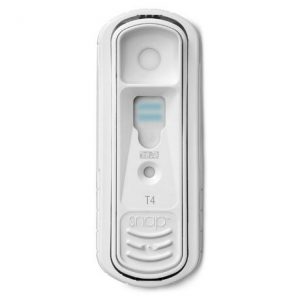What is Hypothyroidism?
Hypothyroidism is characterized by the underproduction of thyroid hormone and a subsequent decrease in metabolic rate. In dogs, hypothyroidism is usually caused by one of two diseases: lymphocytic thyroiditis or idiopathic thyroid gland atrophy. The former disease is the most common cause of hypothyroidism and is thought to be an immune-mediated disease. This means that the immune system decides that the thyroid gland is abnormal or foreign and attacks it. It is unclear why this occurs. In idiopathic thyroid gland atrophy, normal thyroid tissue is replaced by fat tissue. This condition is also poorly understood. No matter which disease process is present, the end result is the underproduction of thyroid hormone.

What are the clinical signs?
When the metabolic rate slows down, virtually every organ in the body is affected. Most dogs with hypothyroidism have one or more of the following symptoms: weight gain without an increase in appetite, lethargy, cold intolerance, dry and dull hair coat, increased susceptibility and occurrence of skin and ear infections, high blood cholesterol and slow heart rate.
How is it diagnosed?
The most common screening test is a Total Thyroxin (TT4) level. This is a measurement of the main thyroid hormone in a blood sample. A low level of total thyroxin, along with the presence of clinical signs is suggestive of hypothyroidism. Definitive diagnosis is then made by performing a Free T4 by Equilibrium Dialysis (Free T4 by ED) and/or a “thyroid panel” that assesses the levels of multiple forms of thyroxin. If this test is low, then your dog has hypothyroidism.

How is it treated?
All dogs are started on a standard dose of thyroid replacement hormone, based on the dog’s weight. After one month of treatment, a blood sample is taken to verify that the thyroid hormone levels are normal. Since the dog’s tolerance of the thyroid replacement hormone may change over time, the dose may need to be periodically adjusted. Regular weight checks are an important component of monitoring as well.

What is the prognosis?
Dogs managed with medication generally do well as long as their medication is administered routinely and follow-up blood and diagnostic test schedules are performed. Ideally, T4 levels should be tested every six months.

